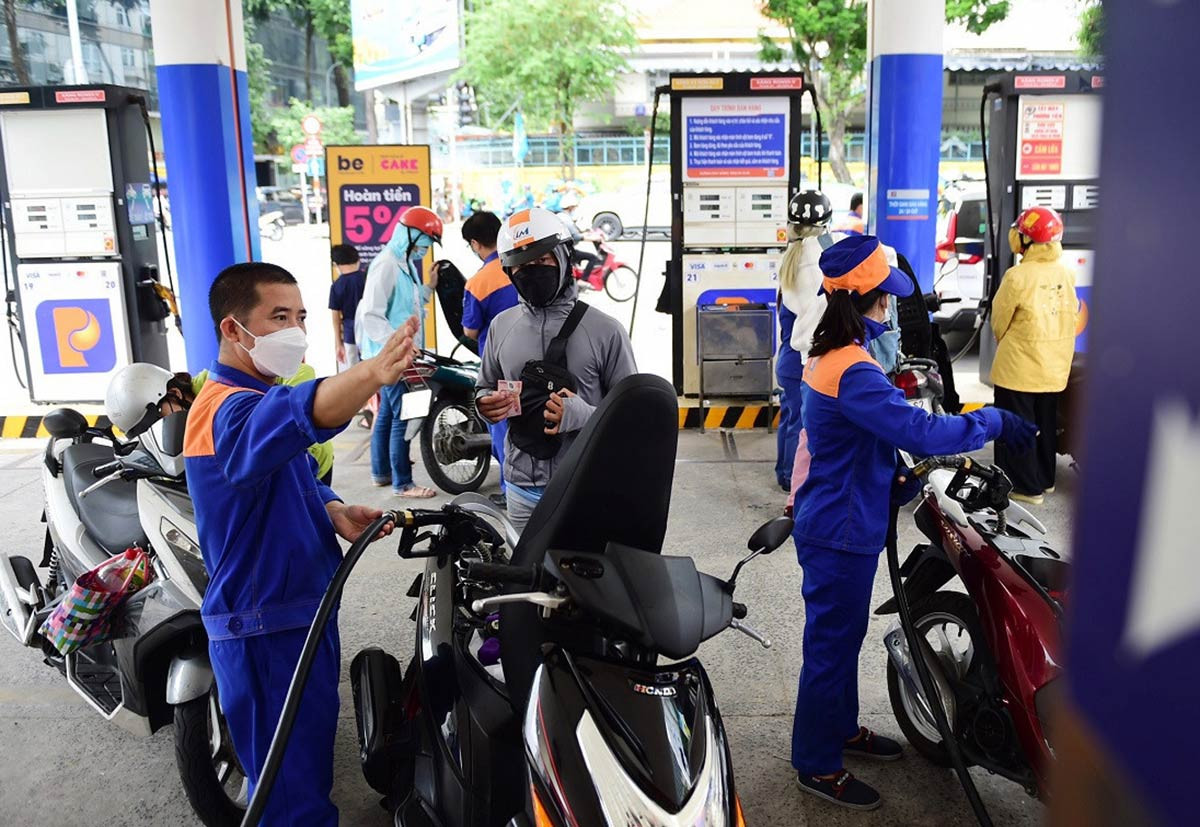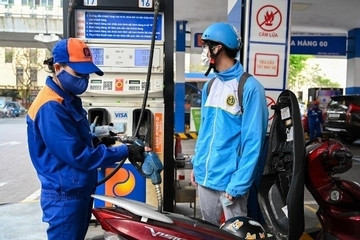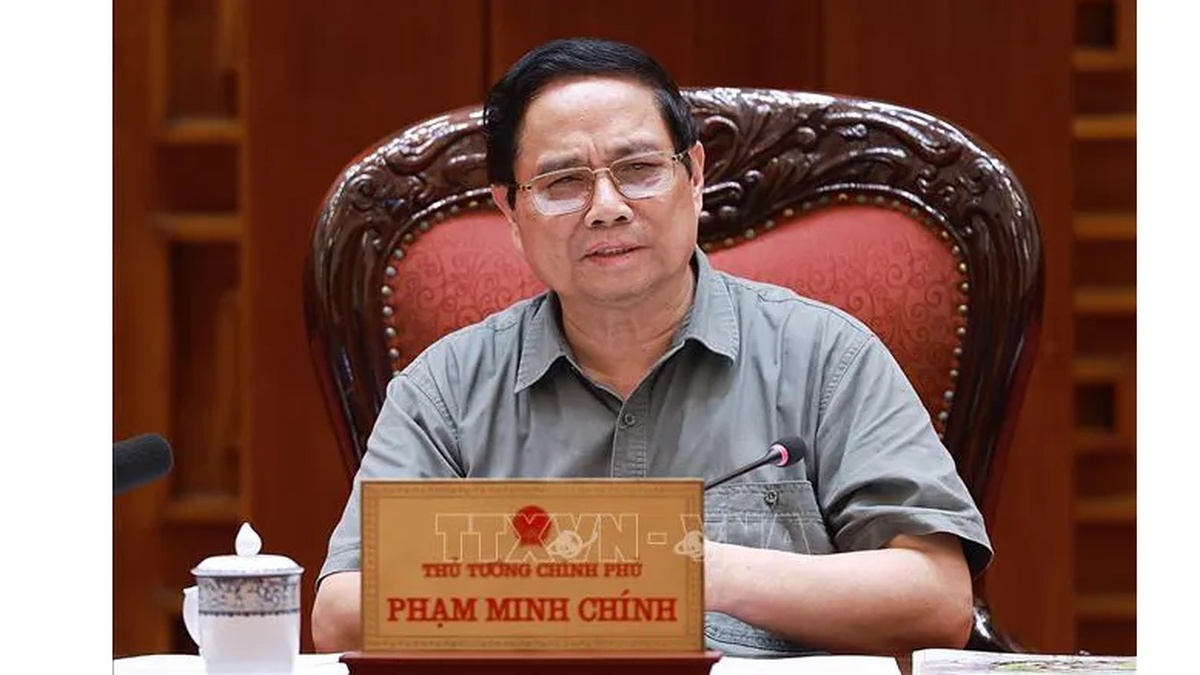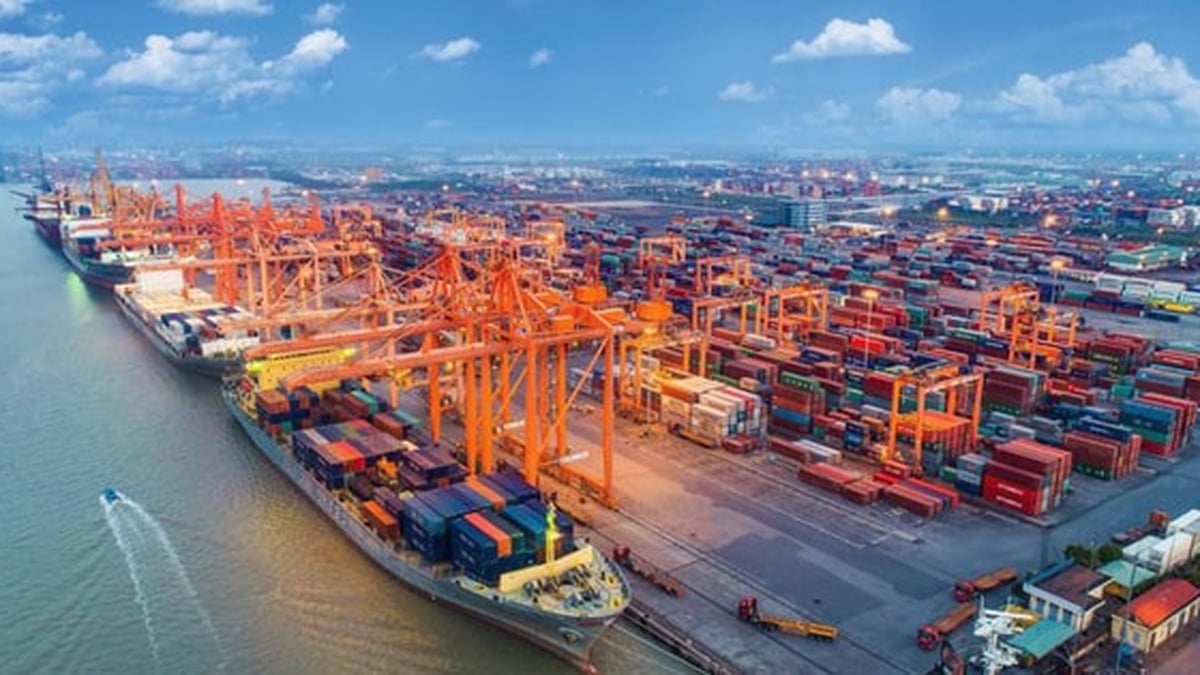Accordingly, the Ministry of Finance requested the Chairman of the People's Committee of the province or centrally-run city to direct local agencies, departments and branches (Industry and Trade, Public Security, Information and Communications, Planning and Investment, Science and Technology, etc.) to closely coordinate with tax authorities to establish interdisciplinary teams to work directly with businesses and retail stores of gasoline.
This is to grasp the reality of the implementation of issuing electronic invoices for each sale; the reality of technical infrastructure, level, and ability to meet the implementation of applying electronic invoices for each sale of all local gasoline retail stores.

At the same time, work with solution providers. From there, advise and propose to the Provincial and Municipal People's Committees synchronous, drastic and effective solutions and measures to promote enterprises and retail stores of petroleum in the area to issue electronic invoices after each sale according to the provisions of Decree No. 123 and the direction of the Prime Minister ; detect and strictly handle according to regulations for cases of non-implementation or intentional non-implementation.
The Ministry of Finance also requested the Chairman of the People's Committee of the province and centrally-run city to direct the Department of Industry and Trade, the market management agency to coordinate with the provincial police and relevant agencies to closely monitor and organize inspections of compliance with the law on petroleum trading by petroleum business units in the area.
The Ministry specifically notes the provisions in Clause 9, Article 1 of Decree No. 80/2023/ND-CP on the obligations of petroleum traders towards petroleum retail stores in implementing regulations on electronic invoices and providing electronic invoice data in accordance with the provisions of the Law on Tax Administration, guiding documents of the Ministry of Finance and tax authorities.
In addition, strictly handle violations of regulations on petroleum business conditions; coordinate with tax authorities to inspect, monitor and handle violations of the law on electronic invoices for each sale of petroleum business units according to the provisions of law...
Previously, on December 1, the Prime Minister issued a telegram on strengthening the management and use of electronic invoices for petroleum business and retail activities.
The Prime Minister requested that petrol retail businesses must issue electronic invoices for each sale and connect data with tax authorities this December. Businesses that fail to do so or deliberately fail to do so will be inspected and punished.
In a petition sent to the National Assembly Chairman and the Prime Minister on December 3, petrol retailers reported that they were facing difficulties with human resources and complained about waste when having to remove or replace equipment to meet the requirements of the management agency. It is estimated that each petrol station will have to spend about 400 million to 1 billion VND to equip the infrastructure.
The Ministry of Industry and Trade also believes that immediately applying regulations on electronic invoices and connecting with tax authorities will cause difficulties for businesses, and may even lead to supply disruptions, affecting the gasoline market.
Hanh Nguyen

Source























![[Photo] National Assembly Chairman attends the seminar "Building and operating an international financial center and recommendations for Vietnam"](https://vphoto.vietnam.vn/thumb/1200x675/vietnam/resource/IMAGE/2025/7/28/76393436936e457db31ec84433289f72)












































































Comment (0)